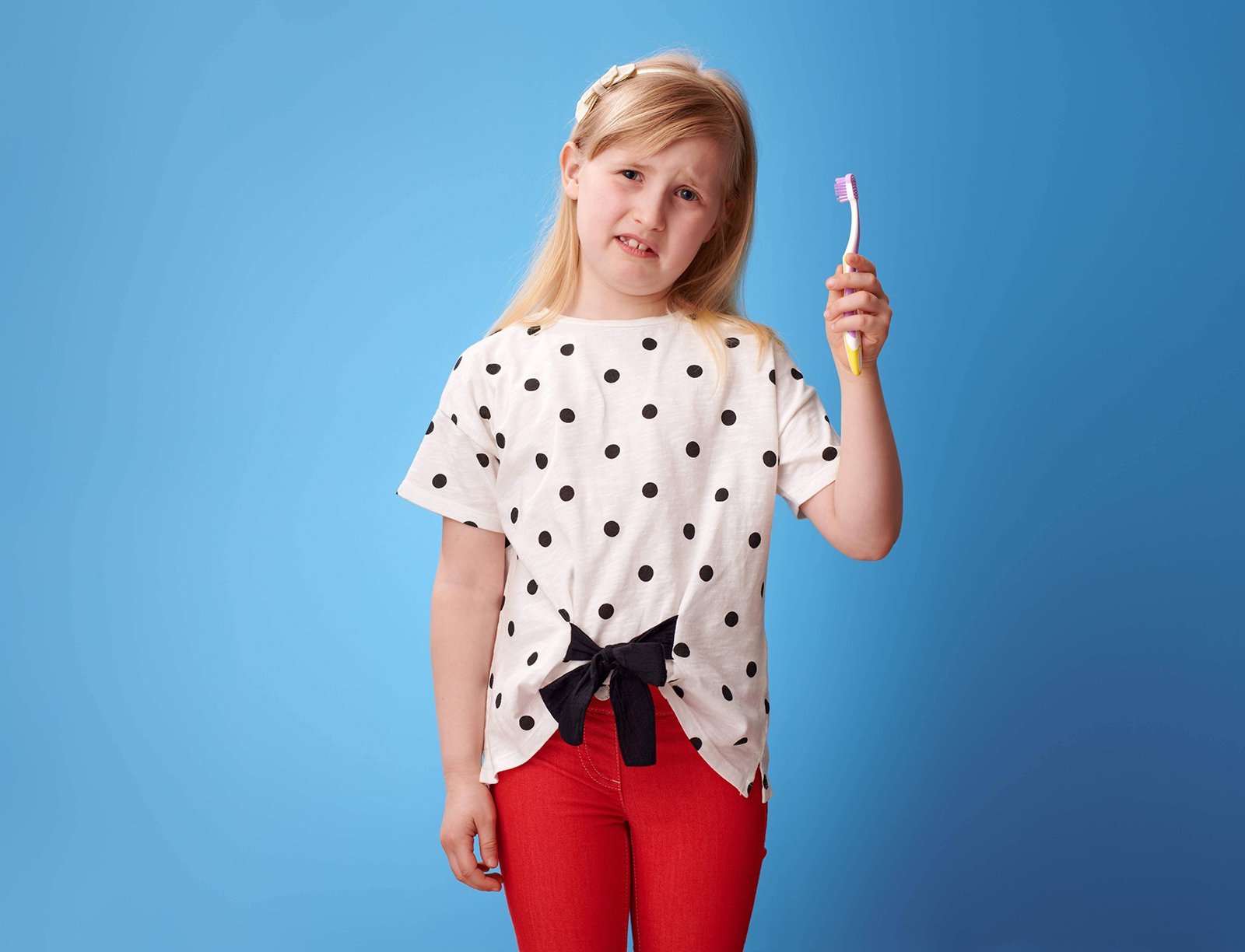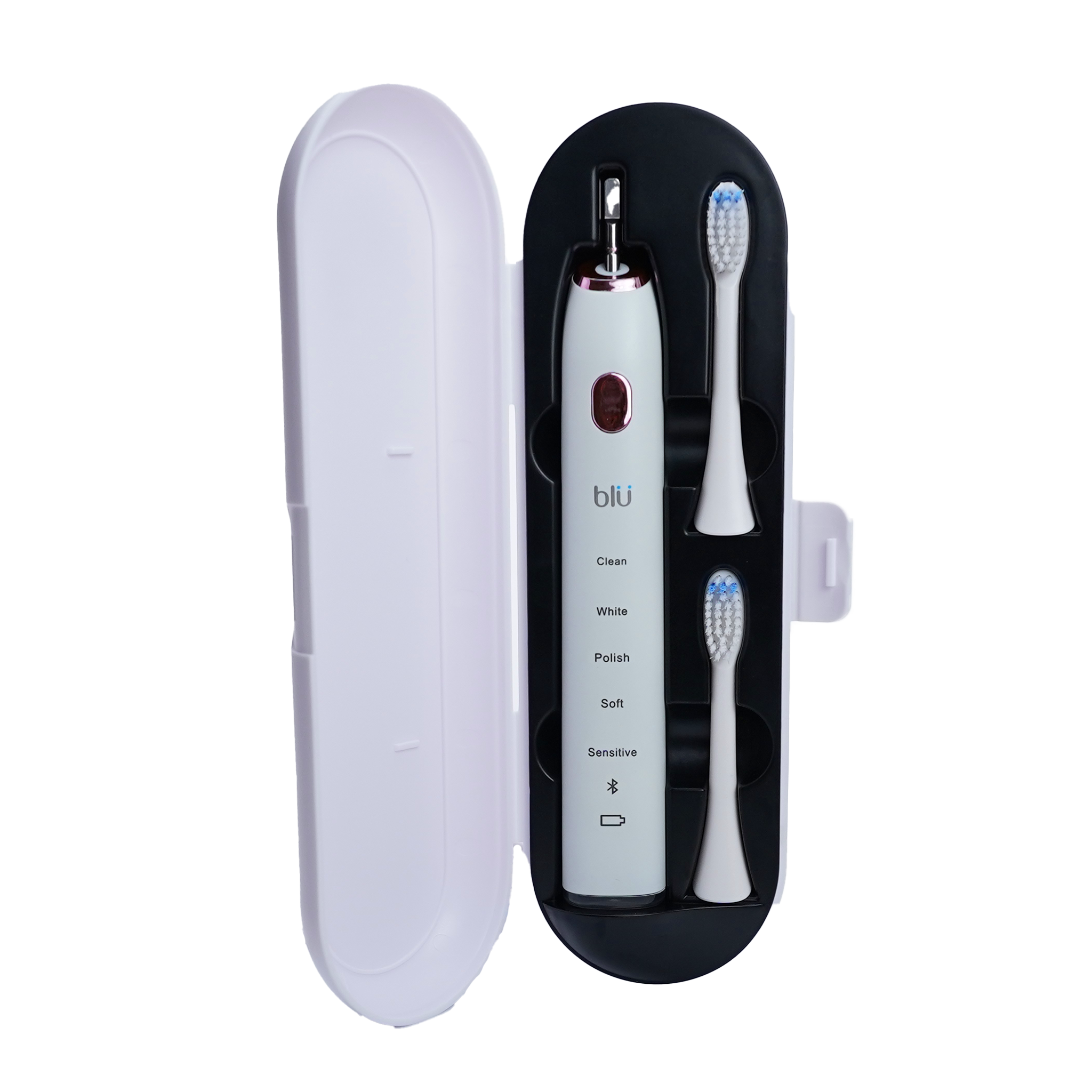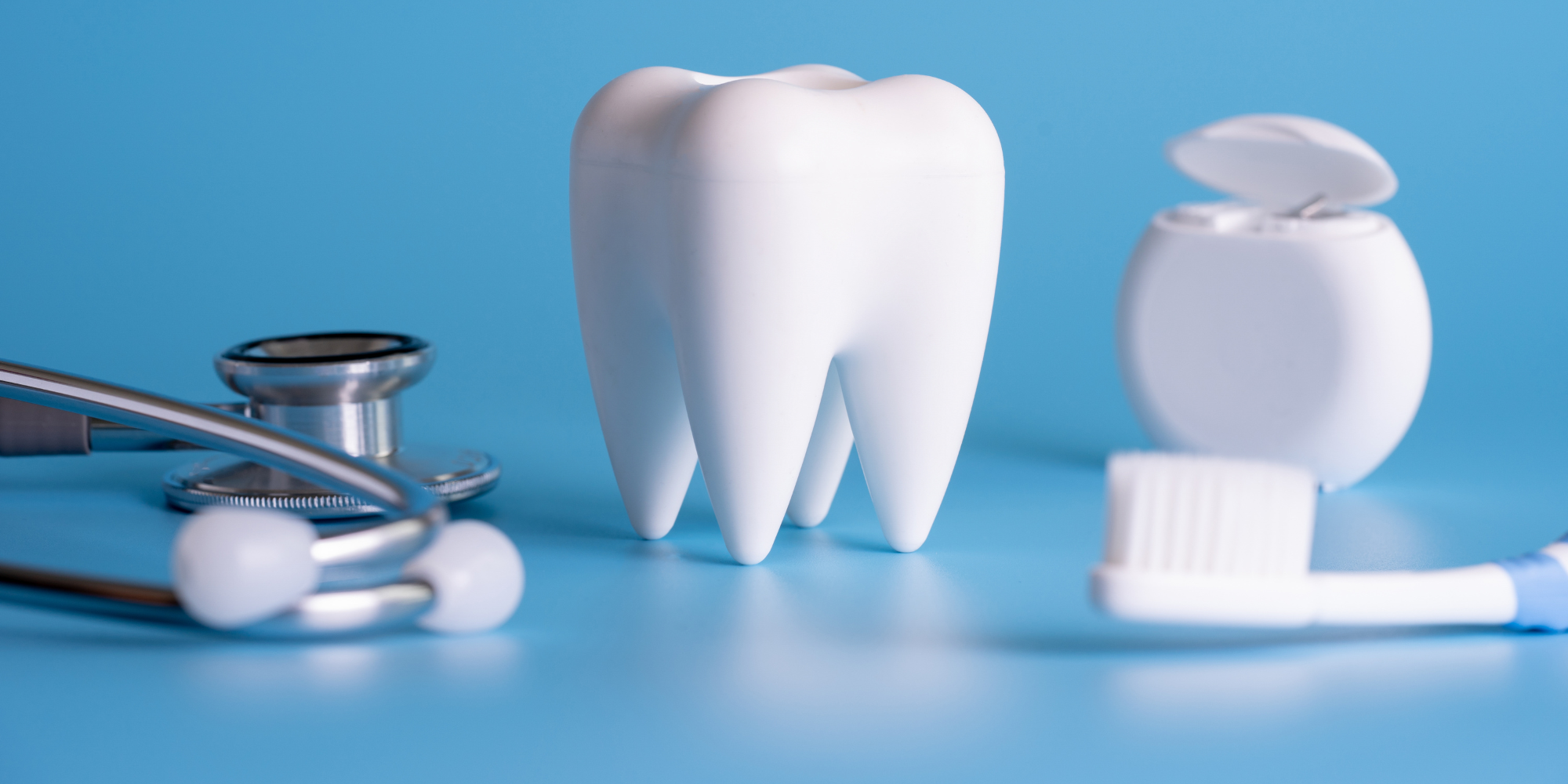
Understanding Mouth Debridement: A Complete Guide for Dental Health
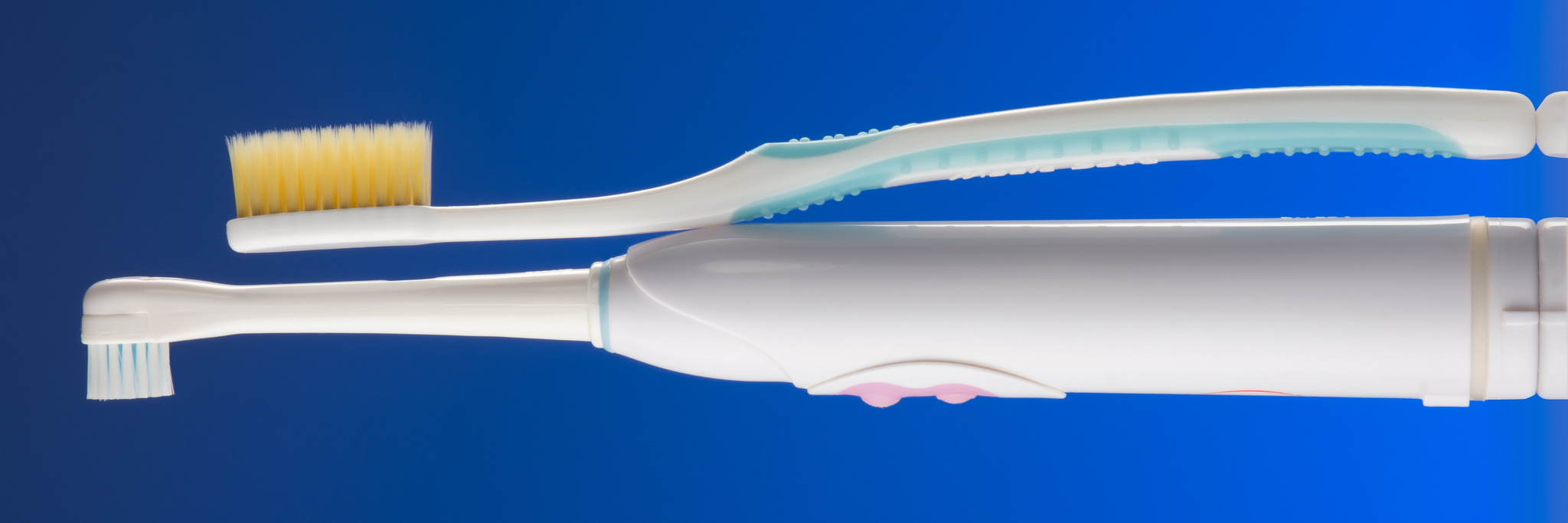
Smart Toothbrushes vs. Traditional Toothbrushes: Which Is Better for Your Oral Health?
When it comes to maintaining good oral hygiene, choosing the right toothbrush is essential. With the rise of smart toothbrushes, many people are wondering if they should ditch their traditional toothbrush and switch to a smart toothbrush. In this article, we'll compare smart toothbrushes vs. traditional toothbrushes and help you decide which one is best for your oral health.
However, smart toothbrushes also have some disadvantages. They can be more expensive than traditional toothbrushes, and they require a charging station or battery to operate. Additionally, some people may find the technology overwhelming and prefer a more straightforward approach to oral hygiene.
Traditional Toothbrushes: Advantages and Disadvantages
Traditional toothbrushes have been around for centuries and are still a popular choice for many people. They are affordable, easy to use, and come in a wide range of styles and bristle types to suit different needs. Traditional toothbrushes are also portable and don't require a charging station or battery, making them ideal for travel.
However, traditional toothbrushes also have some disadvantages. They may not be as effective at removing plaque and bacteria as smart toothbrushes, and it can be challenging to know if you are using the right pressure and technique to clean your teeth properly.
Which Is Better: Smart Toothbrushes or Traditional Toothbrushes?
So, which is better for your oral health: smart toothbrushes or traditional toothbrushes? The truth is that both have their advantages and disadvantages, and the right choice depends on your personal preferences and needs.
If you're looking for a more advanced and personalized approach to oral hygiene, a smart toothbrush may be the best choice for you. Smart toothbrushes can provide real-time feedback, track your brushing habits, and create personalized brushing routines tailored to your unique oral health needs.
However, if you prefer a more straightforward approach to oral hygiene, a traditional toothbrush may be the better option. Traditional toothbrushes are affordable, easy to use, and come in a wide range of styles and bristle types to suit different needs.
Both smart toothbrushes and traditional toothbrushes can be effective at maintaining good oral hygiene. The best choice depends on your personal preferences, needs, and budget. Regardless of which one you choose, the most important thing is to brush your teeth twice a day, floss regularly, and visit your dentist for regular checkups to maintain optimal oral health.

The Benefits of Smart Toothbrushes with Apps
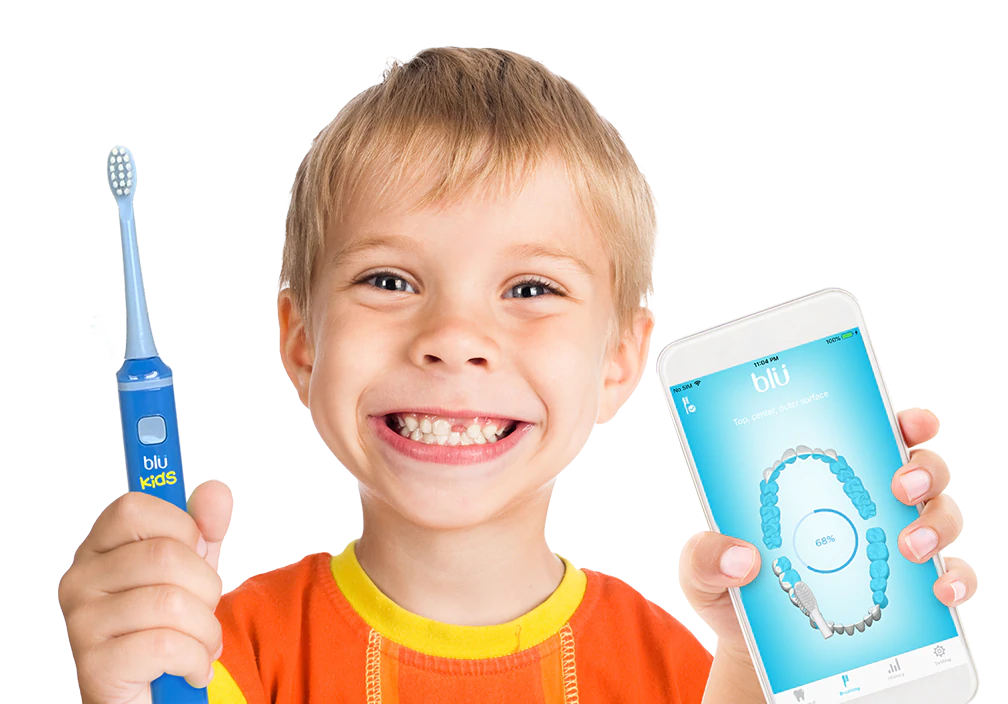
How Smart Toothbrushes Help Kids Develop Healthy Dental Habits
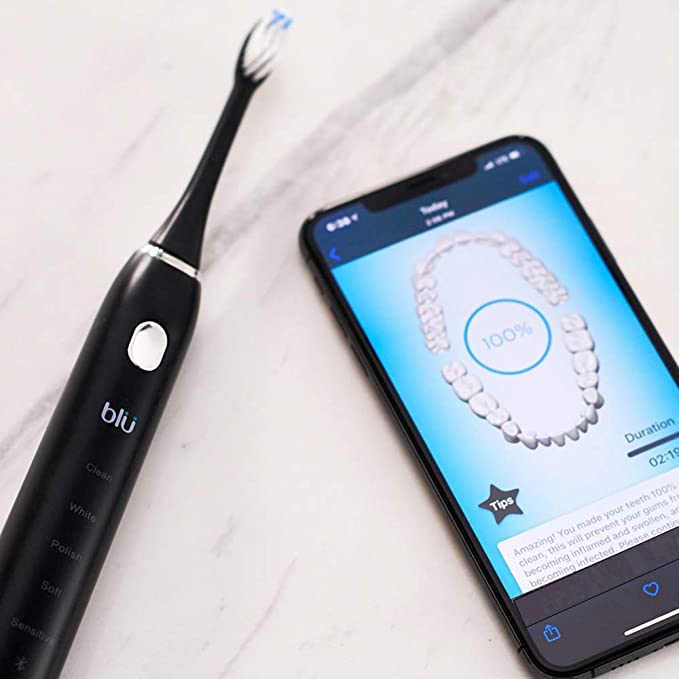
What is a Smart Toothbrush and How Does It Work?
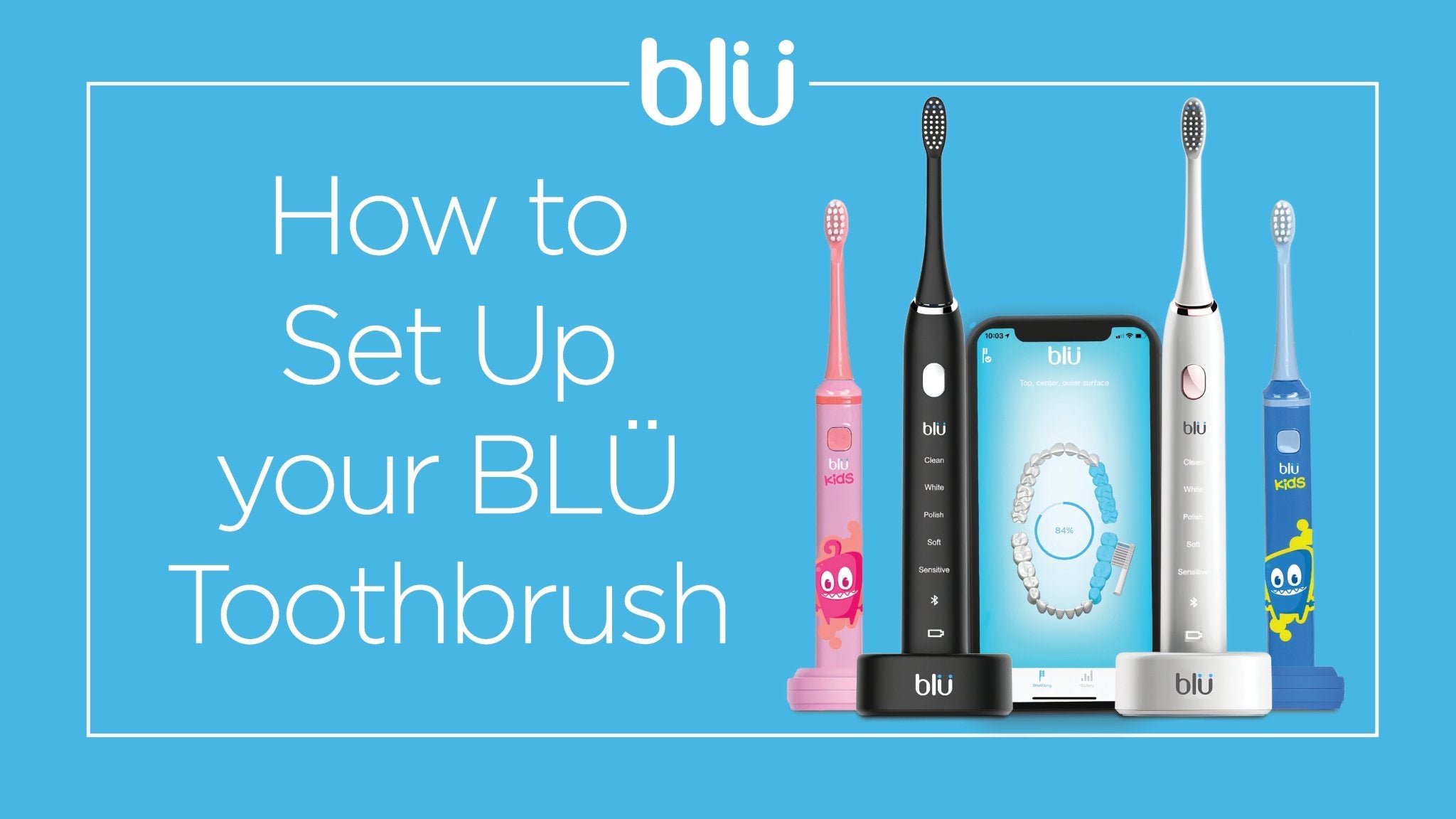
How to Set-Up Your BLU Toothbrush
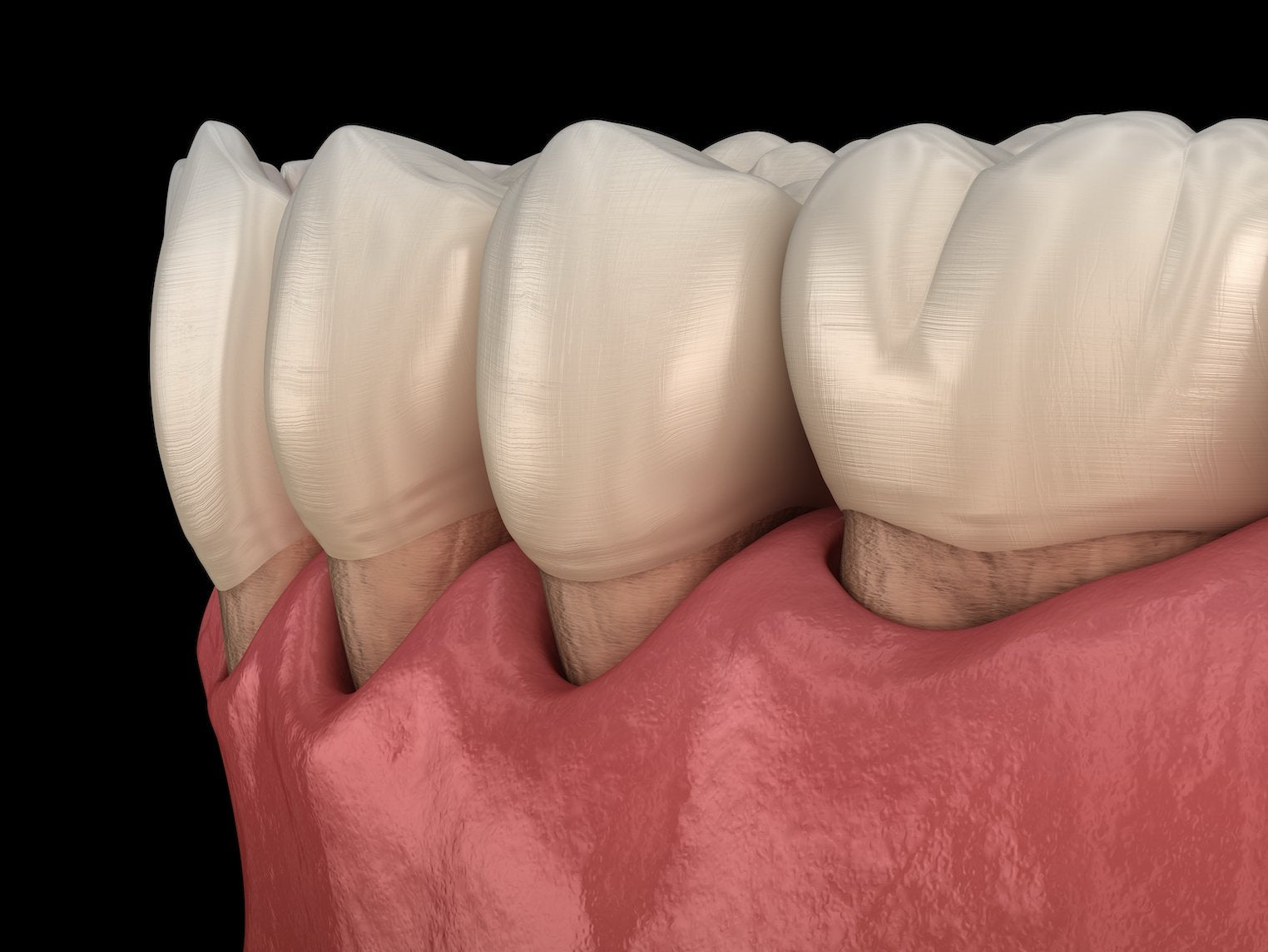
Preventing Gum Recession
Periodontal disease occurs because of gum infections, which damage the supporting bone and gum tissue that hold our teeth in place. This disease can lead to several dental health complications, such as gum recession.
